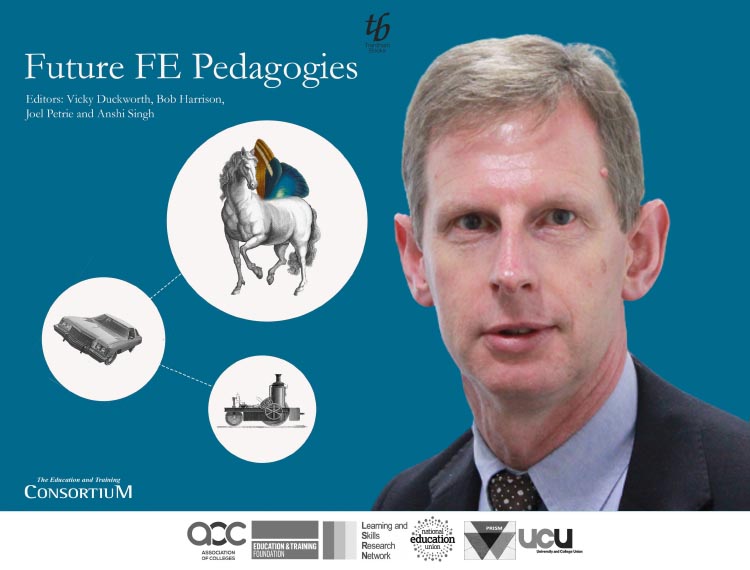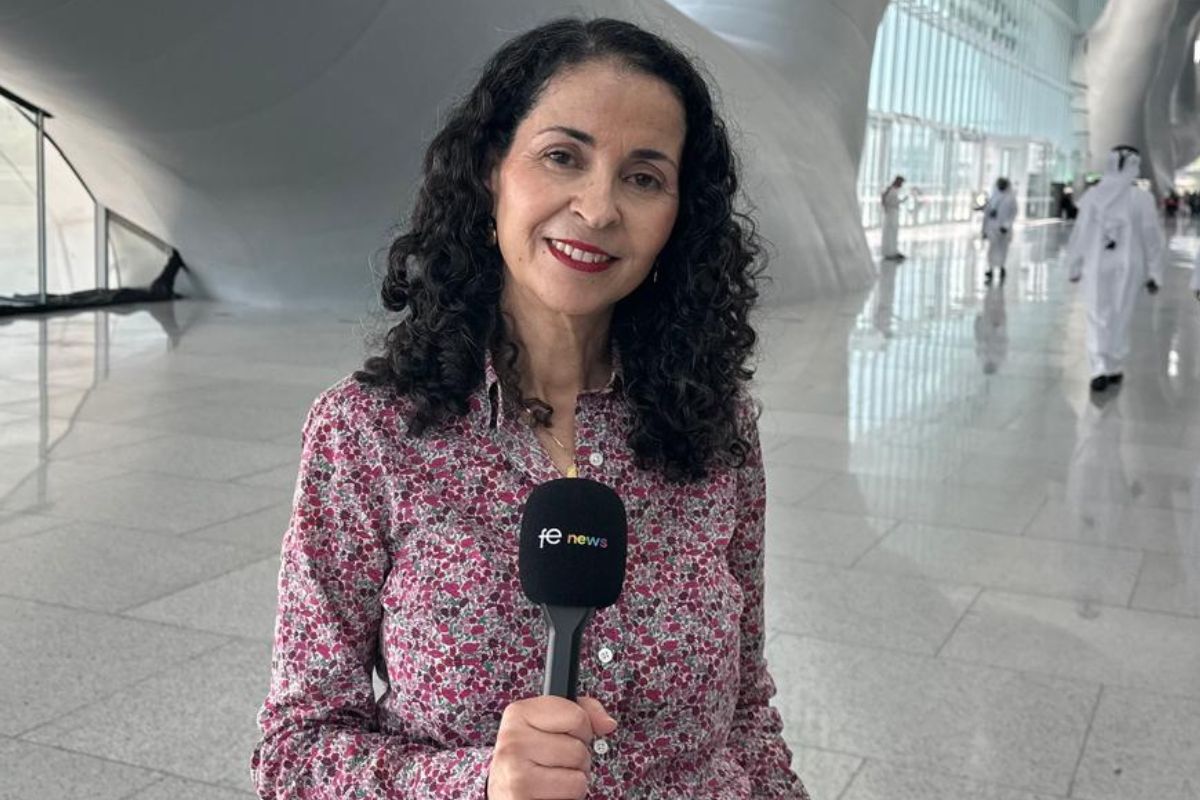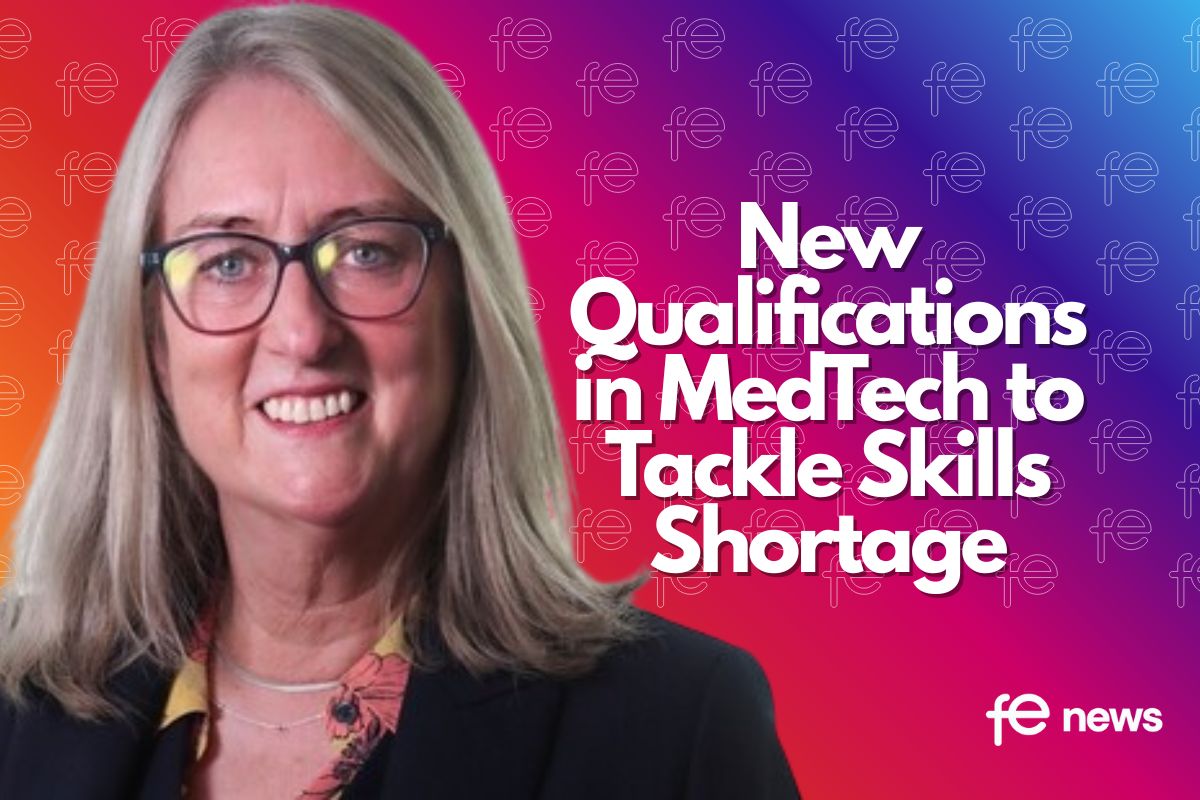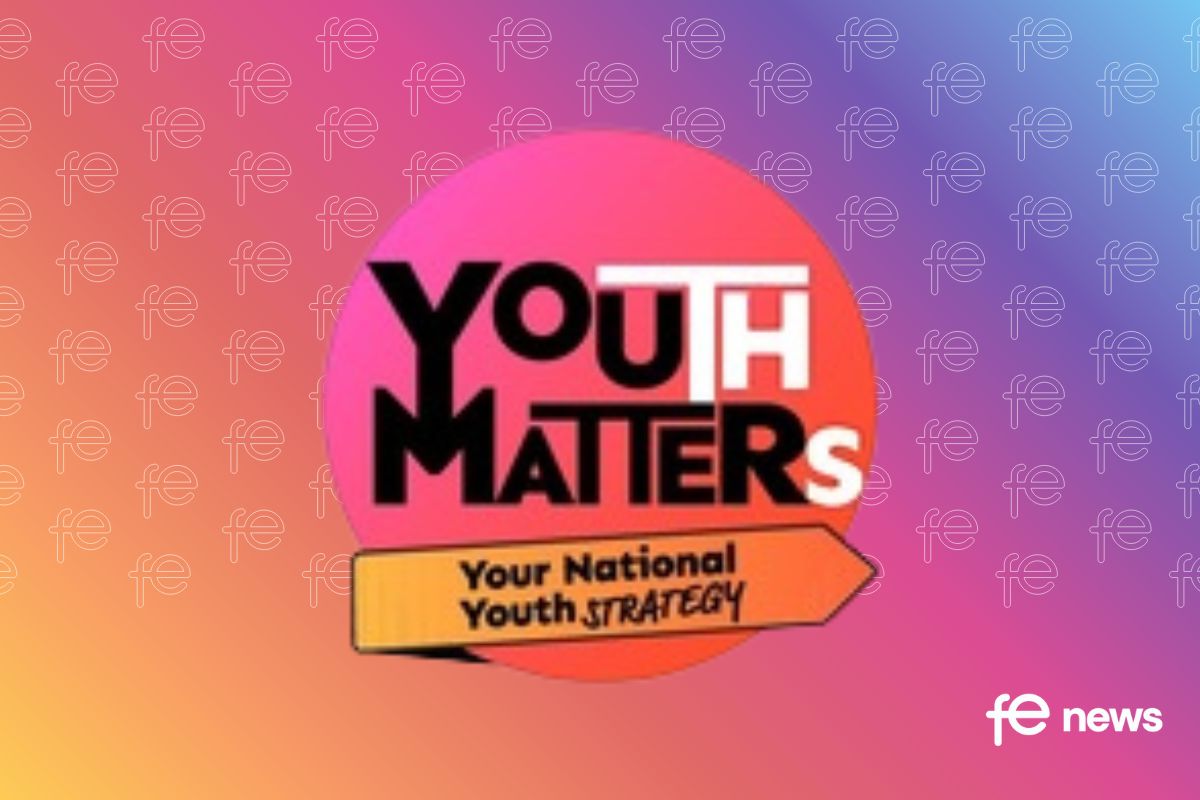Preparing FES teachers and trainers to ‘teach well’ in a digital world

An open letter to the Secretary of State for Education
Dear Secretary of State,
The FES’s emergency stop and sharp turn into ‘online’ teaching, what a colleague calls the ‘online turn’, in response to the COVID-19 pandemic, raises important questions about the extent to which teacher education providers have adequately prepared previous and current trainees for this significant change in pedagogy.
I want to set out what constitutes effective FEITE in a digital world, and how your government can realise and exceed FELTAG’s ambitions for FEITE.
Three initial points:
- How we educate trainees to teach both reflects social values and contains a political message about FES teaching as a profession.
- Research suggests school teachers take between 8-23 years to reach peak effectiveness, though their trajectory depends on the quality of CPD and their engagement with it after completing their ITE. FES’s teachers and trainers probably take longer because of dual professionalism and insufficient subject specialist pedagogy and inconsistent mentoring within FEITE. This is not FES’s fault. It’s a result of the sector’s complexity and the in-built, structural inequality towards it which means it is treated less favourably, in terms of funding, than the schools’ and university sectors.
- What we learn from living in COVID-19 time and how we respond to it will determine the quality of education for FES’s future students and their teachers’ and trainers’ ITE.
Teachers’ know-how for a digital world
Teachers and trainers need six types of knowledge to ‘teach well’ in a digital world. Here, I’m using ‘teach well’ to denote a morally-informed teacher who sees teaching as a virtuous profession that moves beyond the performative, technical and standardised model favoured by some. As such, they need to know:
- Their students (who they are, what motivates them and how they learn in a digital world).
- Their subject (its curriculum, its ‘big ideas’ and threshold concepts).
- How to teach their subject.
- How technology works
- How to ‘go on’. Bob Harrison observes that effective ‘online’ teaching requires teachers to know-how to communicate, collaborate, create, co-construct, join and participate in professional learning networks and contextualise this into their practice.
- The virtues underpinning teaching ‘well’.
Learning to teach: an initiation into the practice of teaching: its ‘sayings, doings, and relatings’.
Stephen Kemmis’ team of Australian researchers argue that teaching as a practice consists of teachers’ ideas, audible in their ‘sayings’, their activities, visible in their ‘doings’, and how they work with their students, visible and audible in their ‘relatings’. As a teacher educator, I am interested in how we enable trainees to develop their personal pedagogies of ‘sayings, doings, and relatings’ that enable them to ‘teach well’.
Unlike schools-based ITE, most of FEITE is not subject specific and so its mentors, all of whom, unlike those in schools, are volunteers, have a crucial role in modelling to trainees how to teach their subject whilst simultaneously demonstrating the professional behaviours associated with that subject. It is the explicit modelling of practice by teacher educators and by mentors that show trainees the ‘sayings, doings, and relatings’ of their subject, enabling them to act as role models to their own students.
Three factors stifling FEITE
We are living in ‘impatient times’. This creates and stores up problems for governments, FES’s leaders, its teacher educators and for their trainees. These include:
- Excessive scrutiny of new teachers and trainers by managers and by Ofsted. This creates a highly pressurised, toxic climate that contributes to teacher burnout.
- Compared with other countries, England’s FEITE curriculum is overly prescribed, congested, and slow to adapt. It tries to cover everything a teacher needs to know for a career in teaching. For example, developing trainees’ capacity as researchers within their FEITE is an idea too far, in my opinion. And it is unclear how many trainees have demonstrated their ability to teach ‘online’ within their FEITE.
- The CPD of teacher educators and mentors has been largely neglected since 2010 by government, FES’s professional associations and employers. It has been estimated that there are over 200 ‘subjects’ taught in large, general FE colleges cf. schools 14 NC subjects . FEITE can only be as good as the teacher educators teaching it and the mentors supporting subject specialist pedagogy.
A vision for FEITE in COVID-19 time
Nine things I have learned from COVID-19 and what it means for FEITE:
- There must be real recognition of the value of FES’s teachers and trainers. This requires well-resourced and appropriately paced ITE, CTE and CPD that sustains their enthusiasm for their practice so they stay in the profession and reach peak practice.
- The complexity of FE and its widening participation agenda means TLA is likely to be a blend of face to face and online learning. FEITE’s teacher educators and mentors need to effortlessly and confidently model this to trainees.
- Sustainability and digital pedagogy need to be woven into the FEITE curriculum.
- FES’s trainees, teacher educators and mentors need access to their own high quality learning technologies, which are supported by reliable IT systems and domestic broadband.
- Subject specialist pedagogy must be the beating heart of teacher development. We need to re-establish subject-based associations like YHAFE.
- With appropriate resourcing, and collaboration with the gaming industry, virtual/augmented reality could be used to teach trainees how to ‘teach well’. For example, they could learn how to manage classroom behaviour through a series of escalating and changing simulations.
- A research-rich FE would inform teacher educators’, mentors’ and their trainees’ TEL-based pedagogy.
- Trainees need to be research and digitally literate, i.e. they should be able to critically evaluate the research on TLA and synthesise this with what they know about the affordances of ‘online’ teaching, different platforms and software, and privacy issues to inform their TEL pedagogy.
- We need to be patient, taking a long-term view of teacher and trainer development.
The challenge for FEITE’s stakeholders is to change it for the better. Systemic and cultural change takes time and a measure of patience.
Nonetheless, the time to start that process is now.
Yours, David
David Powell, Senior Lecturer in Teacher Education at The University of Huddersfield
Editor’s note: Previously written for Gavin Williamson, now that Nadhim Zahawi has taken over as Education Secretary, preparing FES teachers and trainers to ‘teach well’ in a digital world is just as important.
Abbreviations / explanation of key terms |
|||
| CPD | Continuous Professional Development | NC | National Curriculum |
| CTE | Continuing teacher education, e.g. master’s and doctoral level study | TEL | Technology Enabled / Enhanced Learning |
| FE | Further education (similar to MBOs in the Netherlands) | TLA | Teaching, Learning and Assessment |
| FEITE | Further education-based teacher education | Trainees | The English equivalent of student teachers |
| FELTAG |
Further Education Learning and Technology Action Group. This sector group was set up in January 2013 by Matthew Hancock, who was then Minister of State for Skills and Enterprise in BIS, to make practical recommendations aimed at ensuring the effective use of digital technology in learning, teaching and assessment in Further Education and Skills. |
Trainers | These are instructors and tutors, generally teaching vocational subjects, and they are normally paid less than teachers/lecturers |
| FES | Further Education and Skills sector. (This includes FE colleges, adult and community learning; work-based learning; sixth-form colleges; public services training; and offender learning providers). | YHAFE | Yorkshire and Humberside Association for Further Education (an organisation that supported subject specialism prior to Incorporation in 1993). |
Future FE Pedagogies – Vol 1 |
||
|
The Future FE Pedagogies journal was categorically not intended to be a ‘how to improve your e-learning skills’ guide – there are professional associations, websites and online materials fulfilling this function already. Rather, we aimed to provide for time poor colleagues a series of think pieces: nuanced analyses of the potentialities and challenges of TEL for our practice. |
||
| @AoCDavidH | ||
| @BobHarrisonEdu | ||
| @DrMattOLeary | ||
|
Free, easy and fit for purpose TEL: lessons learned the hard way by a non IT whizz |
Martin Compton |
@Mart_Compton |
|
Matt Gordon & Jan Calvert |
@mattgordonwfc @jancalvert |
|
| @eddieplayfair | ||
|
Ways of Engaging: some approaches to developing learning skills |
@duckett_ian | |
|
Howard Scott |
@HowardScott75 | |
|
Digital Practitioners creating “artfully-crafted, student-centred, learning experiences” |
Nigel Ecclesfield & Fred Garnett |
@Neecullompton |
|
Dave Cheseldine |
||
|
The Reality of FE TEL Post-Covid-19: Thoughts from the bike by an FE Teacher Educator |
Jamie Heywood |
@JamiewHeywood |
|
David Powell |
@DavidPowellHud | |
|
Conclusion |
Vikki Liogier |
@VikkiLiogier |











Responses